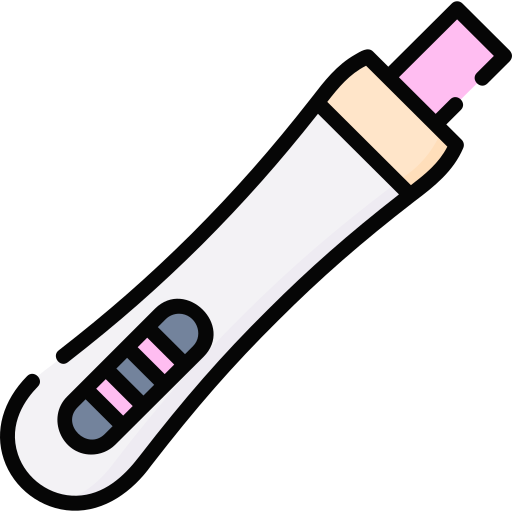
Imagine you're a young adult person who menstruates. Ever since you started your period as a teen, maybe you've secretly hoped that your period would stop one day so you won't have to deal with bloating, pain, and excessive bleeding.
And then one day, it does stop...for a very long time.
So what gives? You're not pregnant (you haven't even had sex yet) and you're not anywhere near the age of menopause.
You don't understand if this is a temporary or permanent pause in your periods. But it's been three months since your last period, and you're starting to get worried.
If you've had consistently irregular periods, you may be experiencing amenorrhea, a menstrual disorder that causes missing periods.
What causes amenorrhea?

To understand what causes amenorrhea, it's important to understand the different types of amenorrhea:
If you're above age 15 and still haven't gotten your period, this could be a sign of primary amenorrhea. This can be due to genetic issues, hormonal levels,or anatomy-related problems.
If you've had your period and suddenly, it stops for more than three months, it's considered secondary amenorrhea. This could happen if you're using an intrauterine device (IUD) or taking other forms of birth control, undergoing chemotherapy and other medical procedures, or experiencing tumors, perimenopause, or polycystic ovary syndrome.
It can also be associated with breastfeeding, pregnancy, stress, nutrition, or excessive exercise.
Quiz
All of Sarah's friends in school have started their periods. Sarah is 16 but hasn't started hers. What amenorrhea is she dealing with?
Amenorrhea sounds scary! Should I be worried?

While the lack of a regular menstrual cycle is one symptom of amenorrhea, other symptoms like hot flashes, excessive hair growth, acne, vaginal dryness, or nipples leaking milk can make any person worried.

Depending on the cause, a large majority of cases of amenorrhea are treatable! So you should seek treatment if your period is missing for more than three months.
Seek out a healthcare provider who can diagnose amenorrhea with a physical exam, pelvic exam, a blood or genetic test, or an MRI. They'll take your medical history to see if there's a specific/urgent treatment you need.
For amenorrhea due to menopause or pregnancy, there are many ways to manage it. If amenorrhea is due to an eating disorder, your periods may return to normal once the eating disorder is treated.
Am I at risk for other problems if I have amenorrhea?

While amenorrhea isn't life-threatening, people with amenorrhea may develop hip and wrist fractures or be at a higher risk for bone thinning or fertility difficulties.

Take Action

You can manage amenorrhea by:
Your feedback matters to us.
This Byte helped me better understand the topic.
